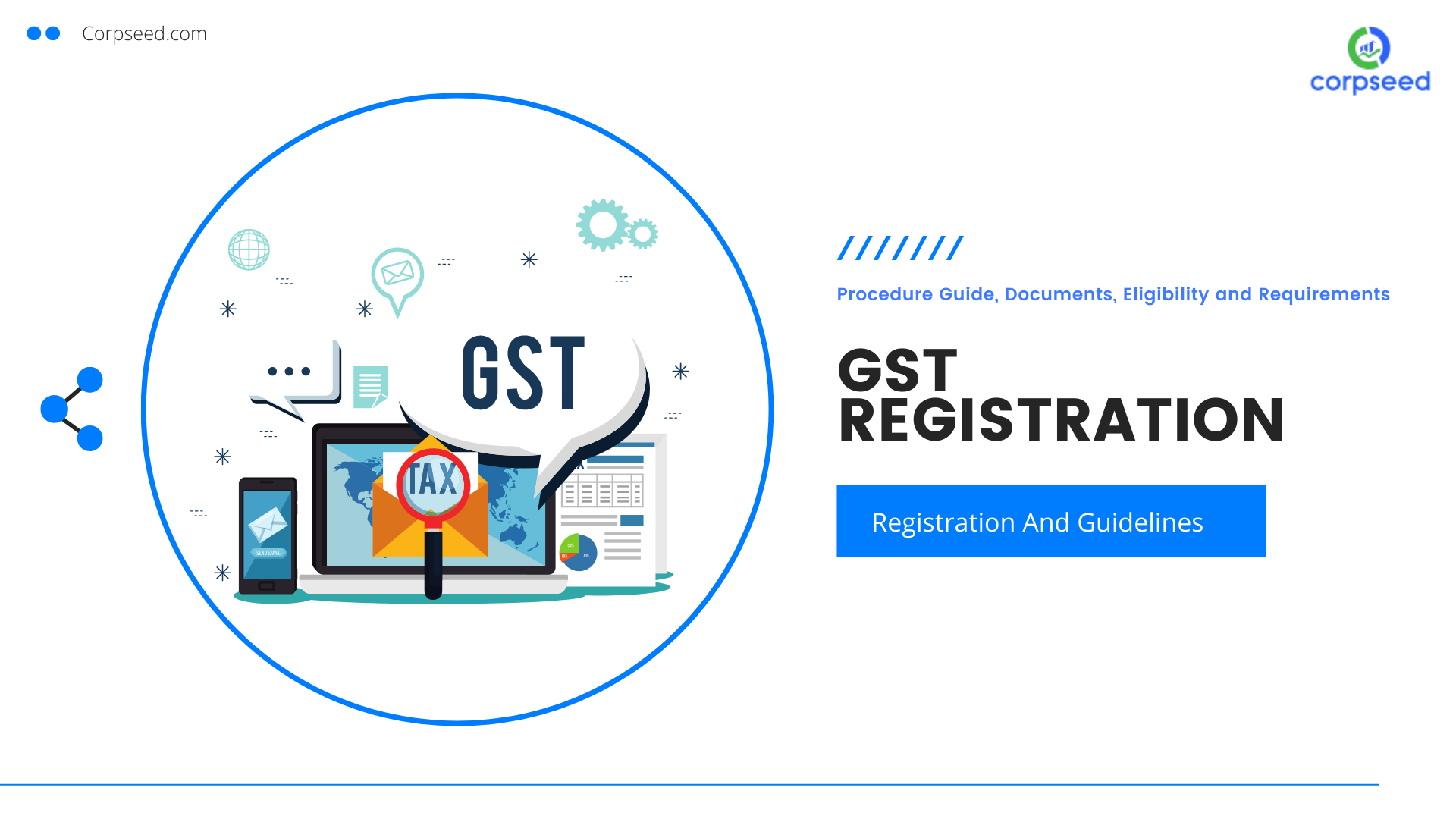Boost Your GST Registration Experience in Singapore with CFO Account & Services: Here's Why
Boost Your GST Registration Experience in Singapore with CFO Account & Services: Here's Why
Blog Article
From Beginning To End: A Detailed Review of GST Enrollment and How to Successfully Register Your Company
Navigating via the intricate process of GST registration can be a crucial action for any type of organization aiming to develop conformity and legitimacy out there. Why choose CFO Account & Services for GST registration in Singapore. From recognizing the fundamental ideas of GST to satisfying the eligibility criteria and gathering the needed documents, the trip towards effective registration can commonly look like a complicated job. Nonetheless, with the best assistance and understandings, companies can enhance this process and unlock the benefits that include being a signed up entity.
Understanding GST and Its Relevance
Understanding the Goods and Provider Tax (GST) and its value is vital for organizations operating in economies where this taxes system is applied. By allowing organizations to claim input tax credit scores on the tax paid on purchases, GST guarantees that taxes are computed only on the value added at each phase of the supply chain.
In addition, GST advertises conformity and openness in the tax regime, lowering tax obligation evasion and increasing government income. It simplifies tax obligation management and compliance for services by offering a typical platform for tax filing and settlement. In general, an extensive understanding of GST is crucial for businesses to successfully browse the complexities of the tax obligation system and ensure conformity with the regulation.
Qualification Requirements for GST Registration
To register for GST, companies need to meet certain qualification standards described by the tax authorities. The key demand for GST registration is that business's accumulated turn over surpasses the threshold set by the government, which varies by state. Since the current standards, organizations with a yearly turnover of Rs. 40 lakhs or more in the majority of states should register for GST. Nonetheless, for companies operating in uneven regions and northeastern states, the threshold is Rs. 20 lakhs. Additionally, certain businesses, such as those involved in inter-state supply of products or services, casual taxable persons, and non-resident taxed individuals, are required to sign up for GST no matter their turnover.
In addition, organizations associated with supplying items or solutions via shopping systems are also mandated to sign up for GST, regardless of their turn over. Organizations that were signed up under the previous tax routine, such as Barrel, import tax task, or solution tax, must shift their enrollment to GST. Sticking to these eligibility criteria is critical for organizations seeking to adhere to the GST laws and prevent any kind of charges for non-compliance.
Files Required for GST Enrollment
When requesting GST enrollment, services have to guarantee they have all the essential documents in order to complete the process smoothly and effectively. The essential files needed for GST enrollment consist of proof of service enrollment or unification such as the Certificate of Incorporation, partnership act, or registration certification. Additionally, companies need to offer proof of address for the primary workplace, which can be supported by records like an energy expense or a rental agreement.
In addition, documents validating the identity and address of the companions or marketers entailed in business, such as PAN card, Aadhaar card, or key, are important for GST enrollment. Savings account statements or terminated cheques displaying the name of the account, service, and address number are also mandatory to verify the bank account information given during registration.
Making sure all the essential papers are in order and easily available will enhance the GST registration procedure and aid businesses prevent delays or issues.
Online Registration Refine for GST

After finishing the type, supporting files require to be published based on the guidelines provided. These files normally consist of evidence of business registration, address proof, financial institution statements, and identity proof of business owner. It is necessary to ensure that all files are clear, legitimate, and posted in the defined format to prevent hold-ups in the enrollment process.
Once the application and papers are sent, businesses can track the condition of their GST enrollment online. If there are no issues or added information required, the GST enrollment certification will certainly be released online, noting the effective conclusion of the on the internet registration procedure.
Post-Registration Conformity and Tips

Companies need to remain upgraded on any kind of modifications in GST guidelines, prices, or compliance procedures to make required changes without delay. Looking for specialist support from tax professionals or accounting professionals can also aid organizations browse complicated GST compliance requirements successfully.
Final Thought
In verdict, the procedure of GST registration is necessary for organizations to abide by tax laws and run lawfully. By comprehending the eligibility requirements, gathering the needed records, and completing the on the internet enrollment look at here procedure, companies can efficiently register for GST. It is necessary to remain certified with post-registration demands and seek specialist guidance when needed to guarantee smooth operations.
Companies that were signed up under the previous tax obligation routine, such as Barrel, excise responsibility, or solution tax obligation, should transition their enrollment to GST. The vital papers needed for GST enrollment consist of evidence of business registration or unification such as the Certificate of Incorporation, collaboration act, or enrollment certification.Upon effective completion of the GST enrollment procedure, businesses have to quickly stick to post-registration conformity demands to maintain governing compliance and make certain smooth procedures.In conclusion, More hints the procedure of GST enrollment is vital for businesses to abide with tax laws and operate legitimately. By comprehending the qualification criteria, collecting the required records, and completing the on the internet registration procedure, services can successfully sign up for GST.
Report this page